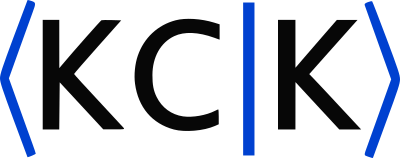Certification of nonclassical properties via Bargmann invariants
Speaker: Rafael Wagner (University of Minho) Abstract Certifying quantum devices and their ability to generate nonclassical data is a crucial task to calibrate and benchmark near-term quantum hardware. In this presentation I will discuss some recent efforts of using nonclassical relational information, provided by the measurement of Bargmann invariants, to witness nonclassicality. In more detail, […]
